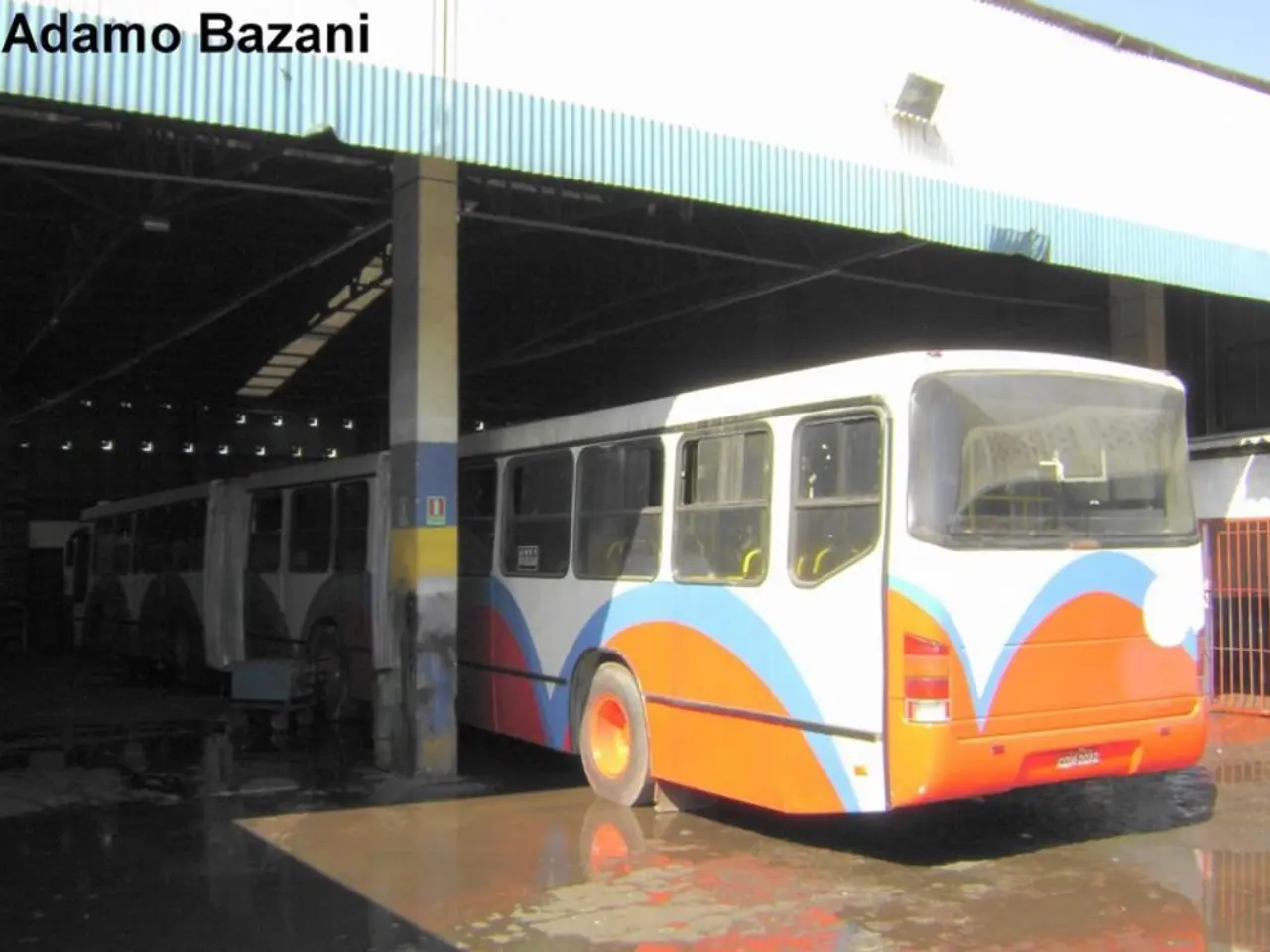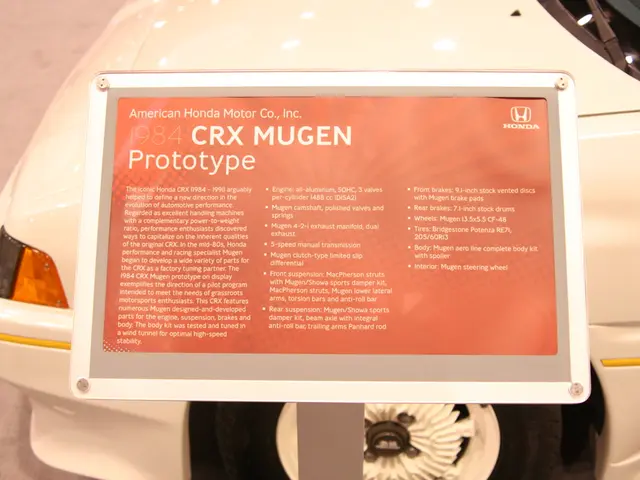Thai Steel Associations Urge Rebar Standards Review Amid Safety Fears
Three Thai steel industry associations have urged the Minister of Industry to review rebar production standards. Prawit Horrungruang, Pao Bunyiam, and Bantoon Juicharern, representing these associations, submitted a letter highlighting concerns about the quality of rebar produced using induction furnaces (IF).
The associations fear that rebar produced using IF may not meet required strength standards due to improper chemical composition. This can lead to structural integrity issues, particularly in earthquake-prone areas. They propose aligning Thai rebar production standards with global practices, which typically use Basic Oxygen Furnace (BOF) and Electric Arc Furnace (EAF) methods.
Currently, Thailand produces around 3 million tons of construction rebar annually. Approximately 1.2 million tons are made using EAF, while 1.6 million tons are produced using IF. The associations argue that proper rebar quality standards are crucial for safety and reliability. They have requested a review of TIS 20-2543 and TIS 24-2548, the Thai industrial product standards for rebar.
The steel industry associations' call for a review of rebar production standards comes amidst concerns about the safety of rebar produced using IF. They aim to prevent another earthquake-related building collapse due to quality issues. The review will focus on TIS 20-2543 and TIS 24-2548, with the goal of aligning Thai standards with global practices.
Read also:
- Ford Discontinues Popular Top-Seller in Staggering Shift, Labeled as a "Model T Event"
- Summarized Report: Insights from the Realm of Transportation
- Dubai-bound: Omega Seiki Mobility, an electric vehicle company from India, prepares for assembly establishment
- BMW's Innovative Debrecen Factory: Birthplace of the iX3 and the Neue Klasse








